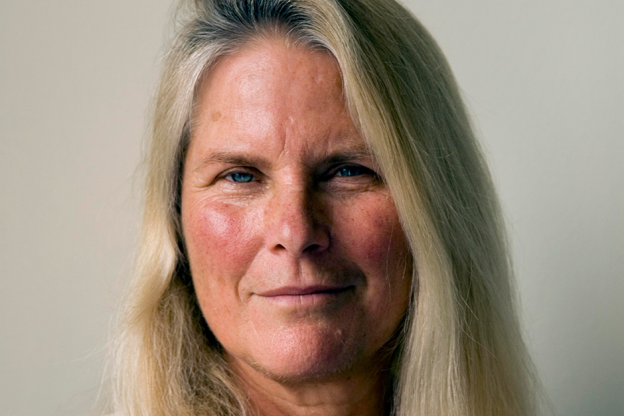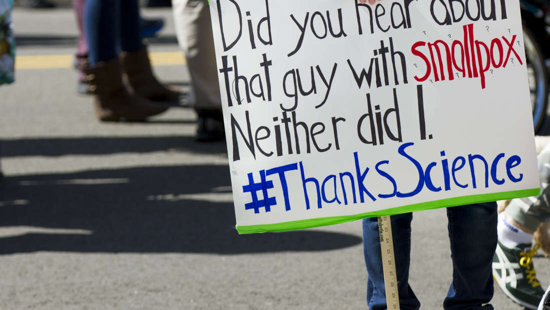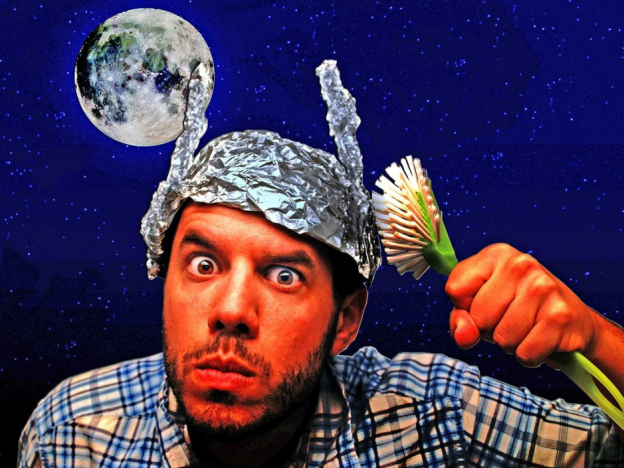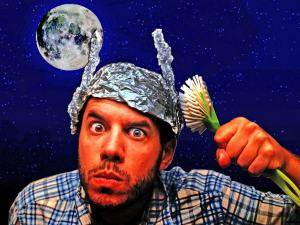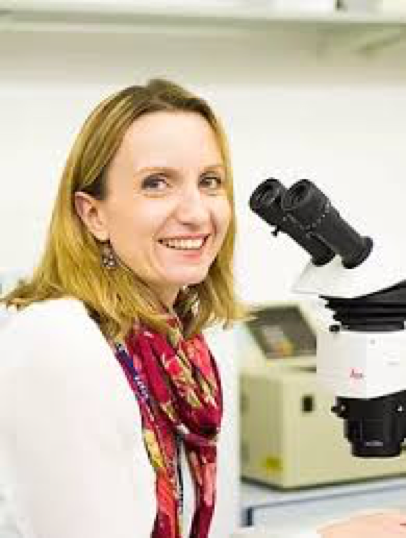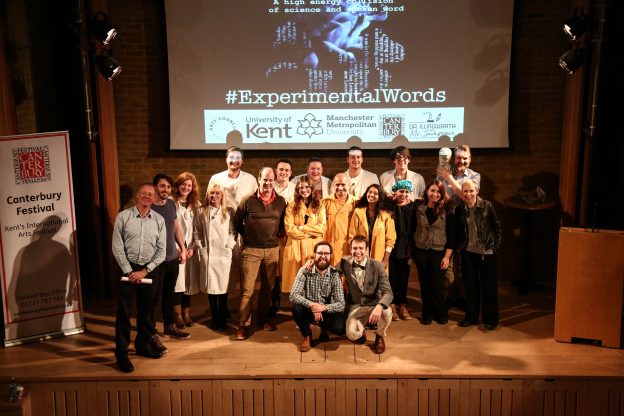As technology has expanded sex robots have become increasingly lifelike, bringing about a need for a revolution in how we think about sex, morals and the legal status of these sex robots, according to Kent Law School’s Professor Robin Mackenzie. …
Robin said: “Humans having sex with other humans who are unable to consent to sex, like children and adults lacking decision-making capacity, is seen as unlawful and unethical. So is human/animal sex. Such groups are recognised as sentient beings who cannot consent to sex with interests in need of protection. “Sentient, self-aware sex robots created to engage in emotional/sexual intimacy with humans disrupt this tidy model. “They are not humans, though they will look like us, feel like us to touch and act as our intimate and sexual partners. While they will be manufactured, potentially from biological components, their sentience, self-awareness and capacity for relationships with humans mean that they cannot simply be categorised as things or animals. “Ethicists, lawmakers and manufacturers treat robots as things, but future sex robots are more than things.
“Robotic animated sex-dolls, able to simulate human appearance, assume sexual positions and mimic human conversation and emotions are on sale now. These are things, neither sentient nor self-aware, incapable of relationships or intimacy, as described in the Foundation for Responsible Robotics report just released.” … The report stated: “On the one hand, if a sex robot is designed to resist sexual advances such that their use constitutes a simulated act of rape, then building them puts the user in relationship with the act of raping a woman. It exhorts and endorses rape. On the other hand, building a robot that is passive or elicits sex is ethically problematic for what it communicates to the broader public about women’s sexuality.”
